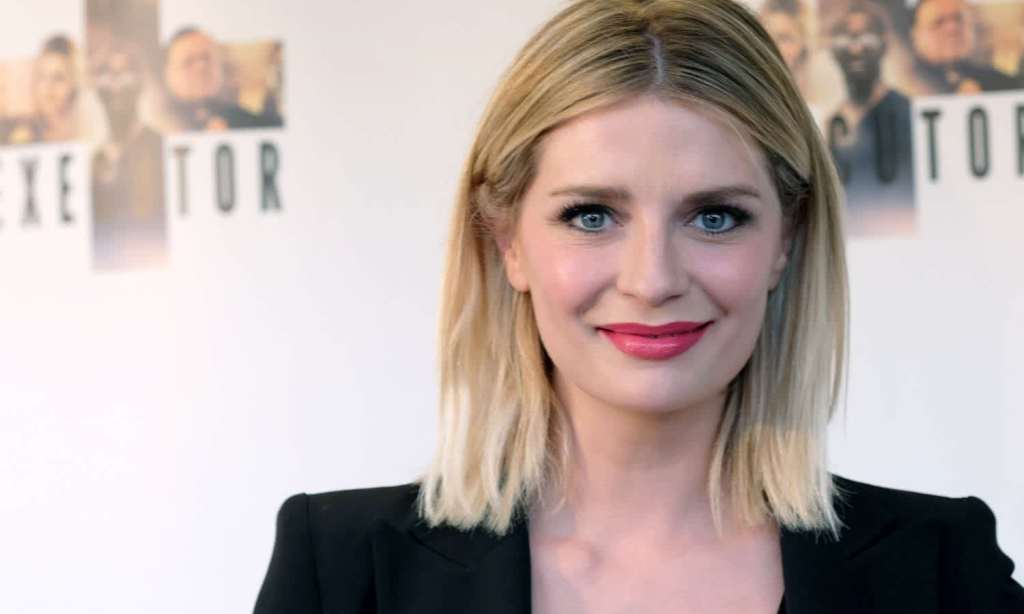In a personal essay written for Harper’s Bazaar, Mischa Barton has revealed the difficulties, pressure and pitfalls of growing up in the spotlight.
Although Barton believes herself to have been “extremely lucky to have had career success at such a young age” and remains “thankful for the kindness and opportunities that were offered to [her]”, the actress details the hefty toll that it took on her mental health.
In the essay, Barton wrote that “sexuality has always been a component of [her] career”, noting that her first film role, Lawn Dogs, tackled the topic of child molestation.
“The crew did everything to ensure that I wasn’t exposed to the realities of what all that meant,” she wrote, but when Barton was doing the press rounds for the film, “it became clear that it was very mature content”.
Two years later, Barton starred in the 1999 crime drama Pups, which she called “a prime example” of how “lead roles in coming-of-age films are always directly tied to sex and sexuality”.
“It was for Pups that I had my first kiss on screen and in real life, in front of an entire crew,” Barton shared. “My character had her first period in one scene, something I hadn’t even experienced in life yet. The movie blew up in Asia, and I became a strange sex symbol over there. I was 13.”
Barton recounts her experience working on The O.C., detailing the pressure of being an 18-year-old girl in a highly demanding role, the fear that if she messed up her career would be over, and being “shut down… and publicly referred to as a ‘nightmare’ to work with” when she spoke about her experiences on the set.
She also wrote that playing a character who was drinking, taking drugs and having sex made her feel like “a fraud” because she was a virgin at the time.
“I knew it was important to get this thing – my virginity – that was looming over me, the elephant in the room if you will, out of the way,” she wrote. “I started to really worry that I couldn’t play this character if I didn’t hurry up and mature a little… I felt so much pressure to have sex”.
Barton found herself in “a toxic and manipulative environment” in her relationship, and “felt controlled within an inch of [her] life”. However, it was her rising public profile that brought things to a boiling point. Not only were her co-stars unhappy with Barton’s meteoric rise to fame in comparison with her castmates, but they believed she was “courting publicity” because she was dating “someone well-known in LA circles”. According to Barton, this couldn’t be further from the truth.
“There was no relief from it, so I fought for a long time to be unfamous,” she wrote. “But the more I shied away, the more frenzied the paparazzi became.” Recalling the mean-spirited nature of ’00s celebrity coverage, Barton wrote: “It became too much to read about myself every day and to have these publications laugh at my pain. It’s something I don’t think anybody would be able to get away with to that extent now, not even close.”
In fact, the pressure of it all became so intense that Barton has been left with PTSD. “I didn’t want to leave the house,” she shared, noting that the paparazzi made leaving the house dangerous because they would track her location and hunt her down. “They’d make deals with restaurants so that when I went to one, someone would notify them. They’d buy cell phones for the homeless, instructing them to call as soon as they saw me walking down the street,” she said of their more nefarious tactics. “I was stalked.”
After this, Barton’s mental health declined, and she “had a few breakdowns”.
“The constant feeling of being hunted affected me entirely,” she wrote. Barton suffered the aftereffects of this period of time for “years afterwards”.
“Cameras would bother me; any noises that sounded like a shutter would give me a panic attack and make me extremely paranoid,” she wrote. “I‘d have full blown panic attacks. I went to very dark places.”
Now, Barton is proud to call herself a survivor. “To be strong is important but it’s equally important to allow young girls to hang on to their fragility,” she said. “When you start to take that away, it’s a slippery slope. Mental health is something that is so closely tied to your self-worth.
“If my story can help even one young girl stand up for herself and not let the world tear them down, then all of this will be worth it. We need to heal collectively as a society and I now know, that starts from within.”
Read Mischa Barton’s full essay here.
Read more stories from The Latch and subscribe to our email newsletter.

